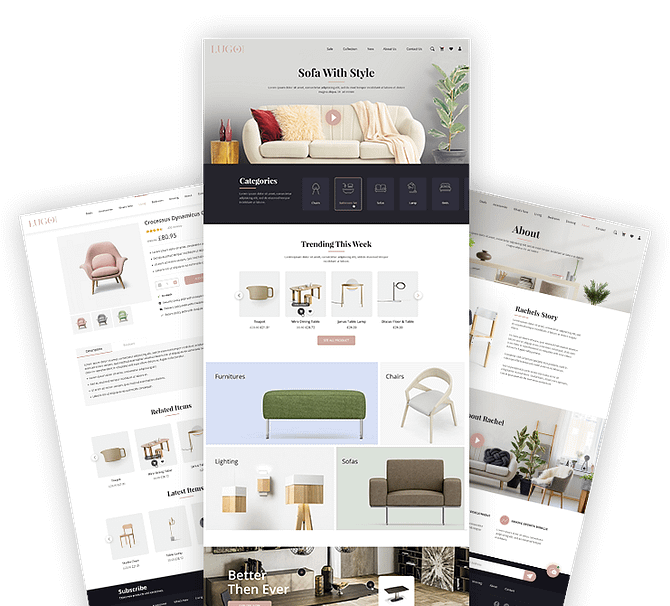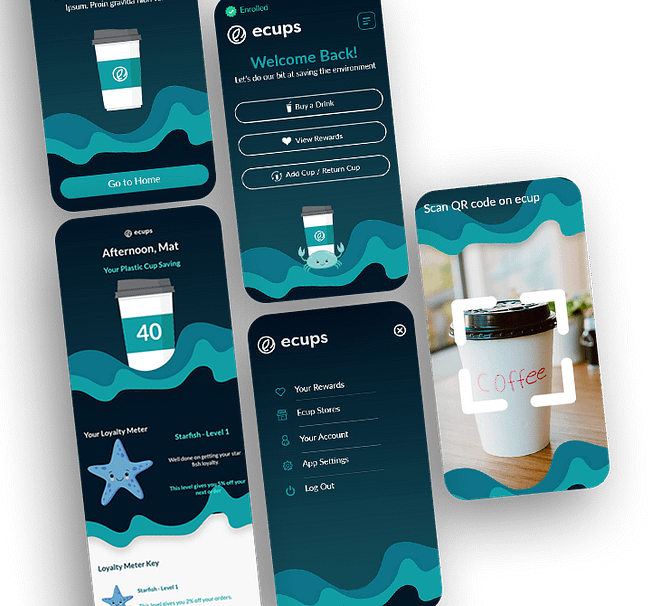Choosing the ideal platform for your online store is a critical decision that influences your business’s growth, scalability, and customer experience. With the surge in Ecommerce Website Development in the UK and US, WooCommerce and Shopify have become the most sought-after platforms. Both offer unique advantages, but the right choice depends on your business goals and technical expertise. This comprehensive guide explores these platforms in depth, backed by real-world case studies to help you make an informed decision.
WooCommerce: A Flexible Ecommerce Solution
WooCommerce is an open-source ecommerce plugin for WordPress, designed to convert any website into a robust online store. It’s highly flexible, making it a preferred choice for businesses looking for complete control over their store’s functionality and design.
Key Advantages of WooCommerce:
- Cost-Effective: WooCommerce is free to use, but you’ll need to pay for hosting, themes, and premium plugins, which still makes it budget-friendly for many businesses.
- Customization: With thousands of plugins and themes, WooCommerce allows you to create a fully personalized ecommerce store.
- SEO Excellence: WooCommerce leverages WordPress’s robust SEO tools to help businesses rank higher in search engine results.
- Scalability: As your business grows, WooCommerce can handle an expanding product catalog without constraints.

Shopify: A Streamlined Ecommerce Platform
Shopify is a cloud-based ecommerce platform known for its user-friendly setup and comprehensive built-in features. It’s a great option for businesses that prioritize ease of use and a quick launch.
Key Advantages of Shopify:
- Ease of Use: Shopify’s intuitive interface requires no coding skills, making it accessible for beginners.
- Built-In Features: Shopify includes hosting, security, and payment gateways, reducing the need for third-party integrations.
- Customer Support: The platform offers 24/7 customer support, ensuring that any technical issues are promptly resolved.
- Speed: Shopify enables businesses to launch their online stores quickly, making it ideal for startups and small businesses.

Detailed Comparison: WooCommerce vs Shopify
| Feature | WooCommerce | Shopify |
| Ease of Use | Requires technical expertise | Beginner-friendly |
| Customization | Fully customizable | Limited customization |
| Cost | Free plugin + hosting expenses | Subscription-based pricing |
| SEO Tools | Advanced (via WordPress) | Limited customization |
| Scalability | Ideal for growing businesses | Best for small to medium stores |
| Feature | Woocommerce | Shopify |

Case Studies: Real-World Success Stories
Case Study 1: WooCommerce Boosts a UK-Based Fashion Brand
A fashion retailer in London faced limitations with Shopify’s customization options. They wanted advanced product filters and personalized shopping experiences to stand out in the competitive market. Migrating to WooCommerce allowed them to leverage custom plugins for product filtering and dynamic content.
Results:
- 30% Increase in repeat customers.
- 40% Growth in overall sales.
- Reduced operational costs by utilizing WooCommerce’s free plugin ecosystem.
Case Study 2: Shopify Empowers a US Jewelry Startup
A handmade jewelry startup in New York chose Shopify for its quick setup and built-in tools. With no prior development experience, they used Shopify’s pre-designed themes and marketing integrations to create a stunning online presence.
Results:
- 50% Growth in new customer acquisitions within a year.
- Reduced time-to-market by 50%.
- Leveraged Shopify’s analytics to optimize marketing campaigns.
Case Study 3: Migration from Shopify to WooCommerce for Cost Efficiency
A California-based electronics store initially used Shopify for its simplicity. However, as their product range expanded, Shopify’s subscription fees and limited customization became a bottleneck. Migrating to WooCommerce enabled them to scale effectively and integrate advanced SEO tools.
Results:
- 25% Reduction in operational costs.
- Improved search engine rankings, leading to a 20% Traffic Increase.
- Enhanced user experience through customized product pages.
Choosing the Right Platform
Selecting between WooCommerce and Shopify depends on your business needs and goals. Here’s a quick guide:
- Technical Skills: If you lack technical expertise, Shopify’s user-friendly interface may be the better choice.
- Customization Needs: WooCommerce is ideal for businesses requiring extensive customization.
- Budget: WooCommerce offers cost-effective solutions for startups, while Shopify’s subscription model may suit businesses with higher budgets.
- Scalability: WooCommerce excels in supporting growing businesses, while Shopify is better for smaller, straightforward operations.
For expert assistance, consider partnering with Invoked Digital, a leader in Ecommerce Website Development in the UK and US. They provide tailored solutions that align with your business objectives, ensuring a seamless experience.

Fun Facts and Trends
- WooCommerce powers over 30% of all online stores, making it the most popular ecommerce platform globally.
- Shopify’s app ecosystem includes over 6,000 plugins, simplifying third-party integrations.
- A Statista survey reveals that businesses using WooCommerce report higher satisfaction with SEO tools than Shopify users.
Conclusion
Both WooCommerce and Shopify have their unique strengths. WooCommerce is perfect for businesses prioritizing customization and scalability, while Shopify is ideal for those seeking simplicity and quick deployment. By understanding your business requirements and leveraging expert guidance from Invoked Digital, you can choose a platform that drives growth and enhances your customer experience.
Investing in the right ecommerce platform is more than a technical decision—it’s a step toward building a robust online presence that resonates with your audience and sustains long-term success.


























